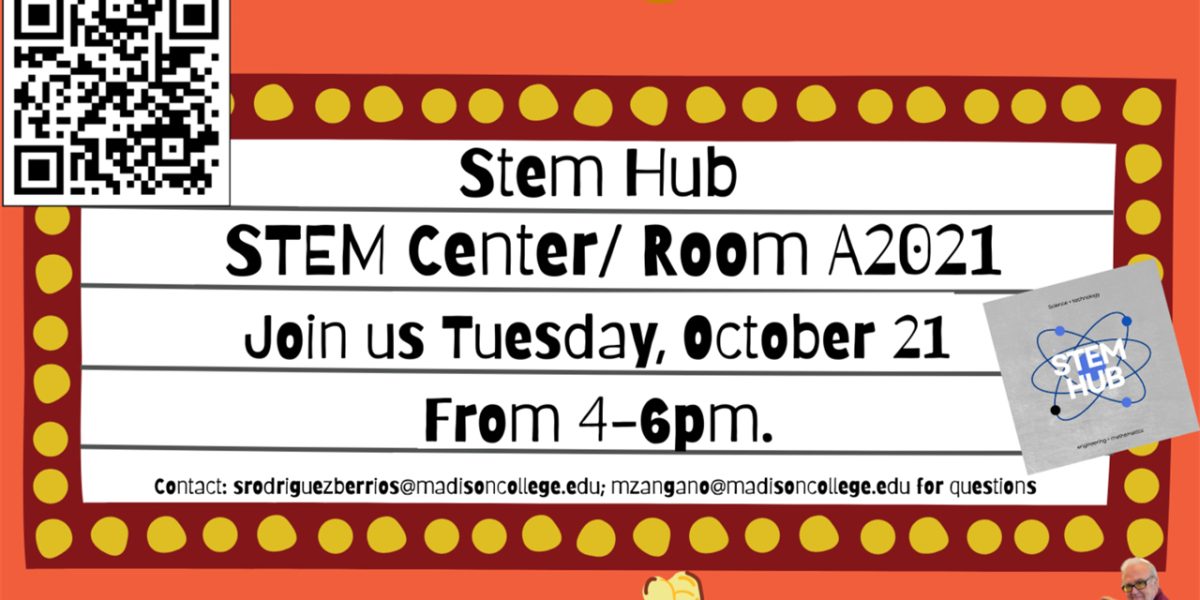Originally, the celebration lasted a single week. First held 1968, the purpose was to bring attention to the contributions the Latino community made towards major cities within the United States. It wasn’t until 1988—when President Reagan extended the celebration from seven days to 31— that the first Hispanic Heritage Month was held.
This year marks the 36th celebration. It really hasn’t been around for very long when you stop to think about it. What’s even worse is that much of the history involving Hispanic Heritage Month isn’t given much attention. The protests and walkouts of the mid-20th century, the rise of Latino activists, several people don’t know how Hispanic Heritage Month started, or at the very least aren’t aware of the full story.
Linda Lee, the student program advisor for Intercultural Exchange at Madison College, says that while it’s a shame the history is overlooked, Hispanic Heritage Month can still serve an educational purpose. “It’s not just a celebration, it’s recognizing the community and how far it has come. It doesn’t hurt to learn more about it, and you don’t need to be an expert at the end of the day. All that matters is that you’re leaving room for growth.”
Today, Hispanic Heritage Month is celebrated in a variety of ways. There are of course parades and festivals held around the globe, but so much more happens behind the scenes. Media and entertainment involving Hispanic and Latino cultures are often at the forefront of streaming services. Schools will incorporate the work of predominant Hispanic and Latino figureheads into their curriculum by reading their books and showcasing their art pieces. Museums are known to host special exhibits during Hispanic Heritage Month, inviting guests to learn just a little bit more than what they knew that morning.
But even small acts like these can have a big impact, and it’s not always for the better. Hispanic Heritage Month has always faced criticism, and while it’s gradually decreased over the years, it’s still a present aspect in modern day celebrations. A small—yet rather vocal—group of haters have always attacked Hispanic Heritage Month, existing today through online harassment. Social media platforms such as X and Reddit are weaponized by these haters and used as tools to spread misinformation, cause discourse between parties, and post hateful or threatening messages directed at those of Hispanic and Latino backgrounds.
Most of this hateful rhetoric is scrubbed away by the people behind those platforms, but some do find a way to slip through the cracks. People do see them and are affected by them. It’s not just words on a page these people, it’s an attack on their identity. It hurts them.
“We are one of the largest minorities in the United States,” says Luis Hernandez Ponce. Luis has been involved in Madison College’s Intercultural Exchange for two years and is currently one of their student workers. “It’s important for people to come together and for all of us to show our cultures. We do have a lot in common.”
Fernando Ponce Romero, a member of La Raza, believes that is what makes Hispanic Heritage Month so important: giving all Hispanic and Latino cultures a chance to shine. “It can be hard to feel seen, and this is a great way to showcase the raw, different cultures of Latin America. There is a lot to be explored, to be celebrated.”
Contrary to what the angry people on X are saying, Hispanic Heritage Month wasn’t created with the intention of hurting or shunning anyone. It’s quite the opposite really. Hispanic Heritage Month is about lifting people up and growing into a more understanding community—and Luis says that’s all possible, regardless of background. “New faces at the Intercultural Exchange are always welcome, even for those who aren’t Latino and are just people willing to learn. It makes me smile to know that people want to do that. You don’t have to be nervous about coming in, we’re all about family here and we accept you as you are.”
And you don’t need to look very hard for someone who shares Luis’ belief. Madison College—and several members of its staff—seem to agree that one little push is all it’ll take to build that better community.
Last year, more than 100 students joined the Intercultural Exchange in the celebrations, forming a crowd consisting of both students and faculty. The numbers were so high, in fact, that this year the IE was moved to a bigger room to accommodate for the lack of space in the previous festivities. This decision was made last spring, along with the event details scheduled for the upcoming fall celebrations.
With the combined effort of three Madison College companies, this year’s Hispanic Heritage Month Kick Off event is sure to be one for the history books. This event wouldn’t be possible without the months of work put in by Katie Ackley, and it’s thanks to the continued support from Student Climate and Culture, as well as Student Engagement and Belonging, that Madison College can provide a fun, interactive event for students to take part in. Entertainment for the Kick Off event will include a Mariachi band, Bolivian dancers, trivia games, and, of course, free food.
This event is one of the many ways students can come together as a community and take part in Hispanic Heritage Month. We encourage anyone who is interested to contact Intercultural Exchange for more details.
Hispanic Heritage Month is a time meant for joy and laughter, for neighbors to come together and share their heritage without judgment. We celebrate to showcase the amazing cultures of Hispanic and Latino people, and give them the recognition they deserve. We celebrate to educate ourselves on overlooked subject matters. We celebrate to compare the past and the present, to determine if we today are doing enough for the minorities in question.
We celebrate because Hispanic Heritage Month is about acceptance.



























